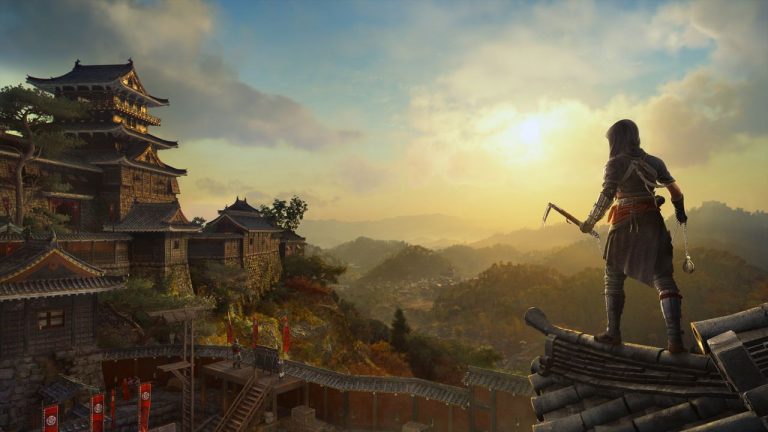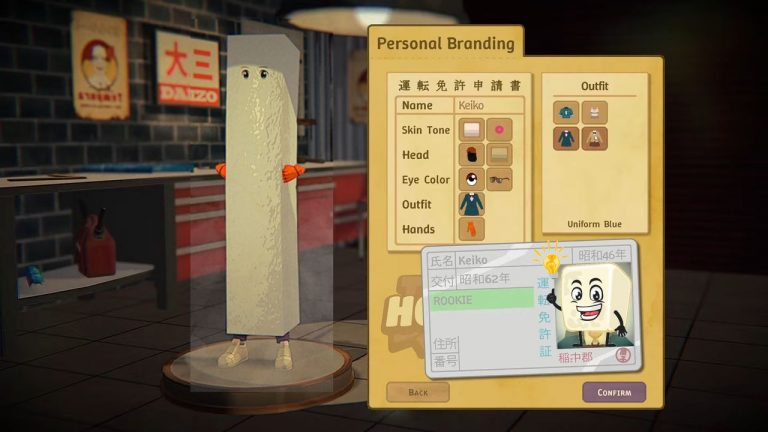Survival crafting games have been a dominant force in PC gaming for some 13 odd years. Ever since Minecraft exploded in popularity, we’ve been inundated with games following its early access open world procedurally generated survival crafting sandbox recipe. It’s still one of my favorite genres and I can be counted on to drag my group of friends into every new tree-punching playground. Much as I love them though, the “crafting” is actually the worst part of the survival crafting genre.
When first launched, Minecraft was a novelty. Instead of just stuffing a stack of materials in my pocket and interacting with a shop or merchant to turn them into something new, its visual crafting system was a little puzzle unto itself.
Minecraft (Image credit: Mojang)
A stick and two ingots in a line makes a sword. Three iron in a ‘v’ shape made a bucket while five wood in a ‘u’ shape was a boat. I’d be sitting in a Skype call with a friend (because Discord wasn’t popular yet) asking “what’s the recipe for a fishing rod?” Partially I’m feeling nostalgia for playing a new, still-mysterious game that hasn’t been completely documented on wikis, where thrilling discoveries can still be shared among friends, but I think the way crafting works in Minecraft is still unmatched by everything that’s come after it.
From Valheim to Palworld, many crafting games still pulling from those same elements that Minecraft popularized: a procedurally generated world, dropping your inventory when you die, and building arrays of storage chests to hold the many materials you’ve gathered. They all have bad crafting though. All of them.
Valheim (Image credit: Iron Gate Studio)
Palworld (Image credit: Pocketpair)
Once Human (Image credit: Starry Studio)
Nightingale (Image credit: Inflexion Games)
The appeal of building successively more complex tools and gadgets is still there, but crafting games have reduced the act of “crafting” to an interface where there’s nothing for me to actually do. The shopping list is there with greyed-out ingredients and when I come back with everything in hand my reward is this:
Press F to interact with crafting benchSelect product from listClick arrows to decide quantityPress F to “craft”Walk away for several minutesCome back to press F one more time to collect products
It’s boring! It’s not even as fun as those silly kiosks at museums where you can pay a quarter and crank a handle to make a bunch of gears press a penny into a little themed souvenir. That’s a free idea. I’d take a crafting game with a digital crank, truly.
Even Minecraft itself has a recipe book that will auto-fill ingredients for you in a crafting bench these days. I’ll give credit to Sons of The Forest, though—actually crafting things is still ultimately boring but the diegetic inventory does make it slightly more interesting than an interface.
Games like Valheim and Palworld have continued adapting the “survival” part of survival crafting in extremely fun ways. I thoroughly enjoy a great building system, figuring out which foods to eat, and improving gear to survive new climates where I’ve got to fight bigger, scarier monsters. But why must crafting be so drab when it’s got title rights in the genre too?
Kynseed (Image credit: PixelCount Studios)
The best crack at crafting in recent years feels like it’s come from outside the survival crafting genre. The intensely tactile experience of crushing ingredients and stirring a cauldron in Potion Craft and the excellent chopping and scraping of cooking in Kynseed both come to mind. Even life sim Palia has a nice set of minigames for cooking, even though its furniture crafting menu looks just like all of those others above.
Not every crafting game needs a deeply simulated crafting activity, but I wish that some would at least attempt to make crafting an axe an interesting task in and of itself, because I am exhausted with crafting menus.












